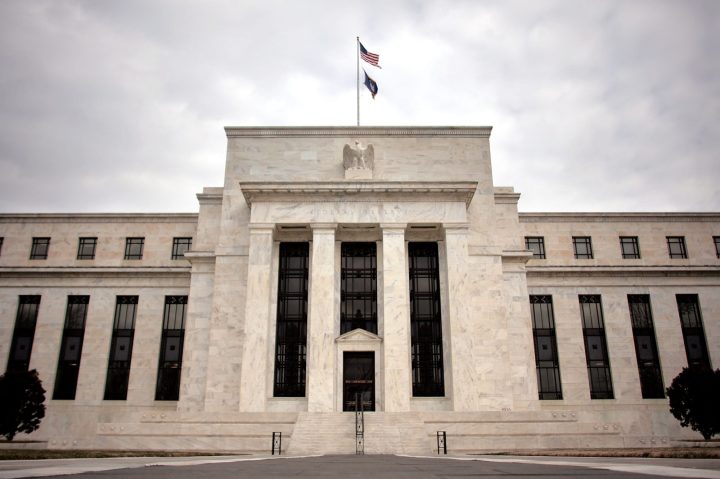
Fed inflation fight could hinder wage gains for lowest-paid workers
Fed inflation fight could hinder wage gains for lowest-paid workers

Fed Chair Jay Powell’s testified to Congress last week, telling lawmakers that as long as inflation’s running as hot as it is right now, achieving maximum employment — the other part of the central bank’s mandate — won’t be the top priority.
That’s likely to take a toll on workers — especially those at the bottom of the education and income scale.
For the Fed to succeed, the job market needs to get weaker to limit wage inflation.
Wages overall are up just-over 5% a year, but — in leisure and hospitality, and transportation and warehousing, wages are up more than 11% — driven by acute labor shortages as the economy roars back to full recovery.
But — labor economists warn these outsized wage gains are likely to dry up. As the Fed hikes rates, fewer jobs will be created and competition for labor will diminish. Workers will lose the leverage to demand big wage hikes, signing bonuses and the like.
Even with recent gains, some of these jobs still offer really low wages. Workers in hotels, bars and restaurants, for instance, average less than $18 an hour.
There’s a lot happening in the world. Through it all, Marketplace is here for you.
You rely on Marketplace to break down the world’s events and tell you how it affects you in a fact-based, approachable way. We rely on your financial support to keep making that possible.
Your donation today powers the independent journalism that you rely on. For just $5/month, you can help sustain Marketplace so we can keep reporting on the things that matter to you.

















